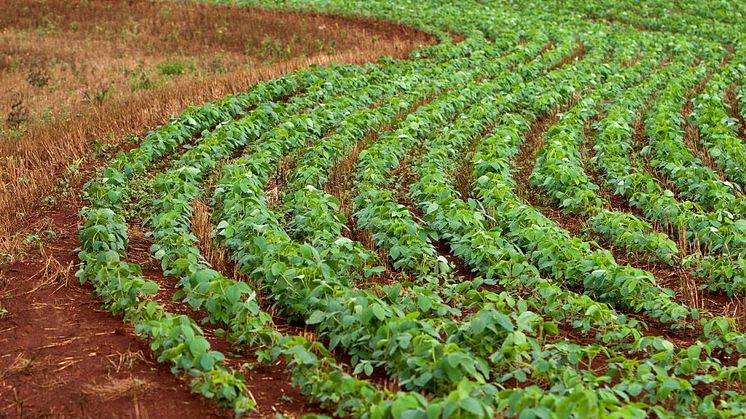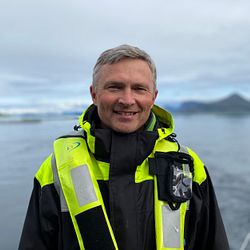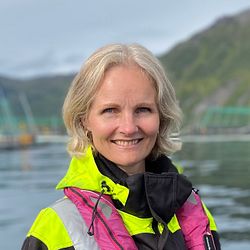
News -
Suppliers to salmon industry lead the way to end deforestation in Brazil
The Brazilian soy suppliers to the salmon industry, CJ Selecta, Caramuru and Imcopa, will implement a 100 percent deforestation free soybean value chain with 2020 as their cut-off date. No soy grown on land deforested after this deadline will be traded.
This is a bold and historic move that sets a new benchmark for global sustainable supply chains. As a result, the majority of the global farmed salmon industry, including the entire European salmon sector, will source soy from Brazilian suppliers whose soybean value chains are 100 percent deforestation free.
CJ Selecta, Caramuru and Imcopa/Cervejaria Petrópolis have set August 2020 as the cut-off-date for their deforestation free soybean supply chain. Together with the sustainability standard owner ProTerra and WWF Brazil, the soy suppliers have agreed on a robust monitoring, reporting and verification (MRV) system to implement and enforce their commitment to zero deforestation.
This is the very first time Brazilian soy suppliers make such a commitment. The decision is praised by global environmental organizations, international retailers, salmon farmers, feed companies, salmon processers and investors, who are deeply concerned about the increasing deforestation and conversion rates in Brazil.
As a company with Brazilian soy in our supply chains, Cermaq is deeply concerned about the ongoing deforestation rates in the country. Although the soy used in Cermaq feed has been certified according to the ProTerra certification for many years, we are glad to see that this now applies to the total volume produced and sold, not only to salmon farmers. We greatly applaud this historic decision by CJ Selecta, Imcopa and Caramuru, and are encouraged to see much needed action by these Brazilian soy suppliers. The move reduces risk to the entire Brazilian soy industry, and we urge the rest of the Brazilian soy traders to follow their leadership.
“As a result, Brazilian soy used to feed European farmed salmon is not only certified, but it is also supplied by Brazilian vendors with 100 percent deforestation free soybean value chains. This is one important step towards a more sustainable global food system”, said international retailers, salmon processors and salmon farmers, including Cermaq, in a joint statement.
The Brazilian suppliers have delivered certified and deforestation free soy to the European salmon industry for a number of years, while supplying non-guaranteed products to other markets.
This new commitment extends their deforestation-free commitment to their entire soybean business, also outside the salmon value chain. This means that soybeans produced on land converted after August 2020 cannot enter the supply chain of any of these soy companies. The decision will have immediate effect for all new contracts of soy purchase.
Comment from WWF Brasil:
“We see this voluntary sector-wide commitment as a benchmark to inspire other global animal protein sectors, as well as other markets linked to the soy supply chain. We celebrate together this relevant private sector led process for the protection of the unique Brazilian Cerrado”, said Maurício Voivodic, WWF Brazil Executive Director.

